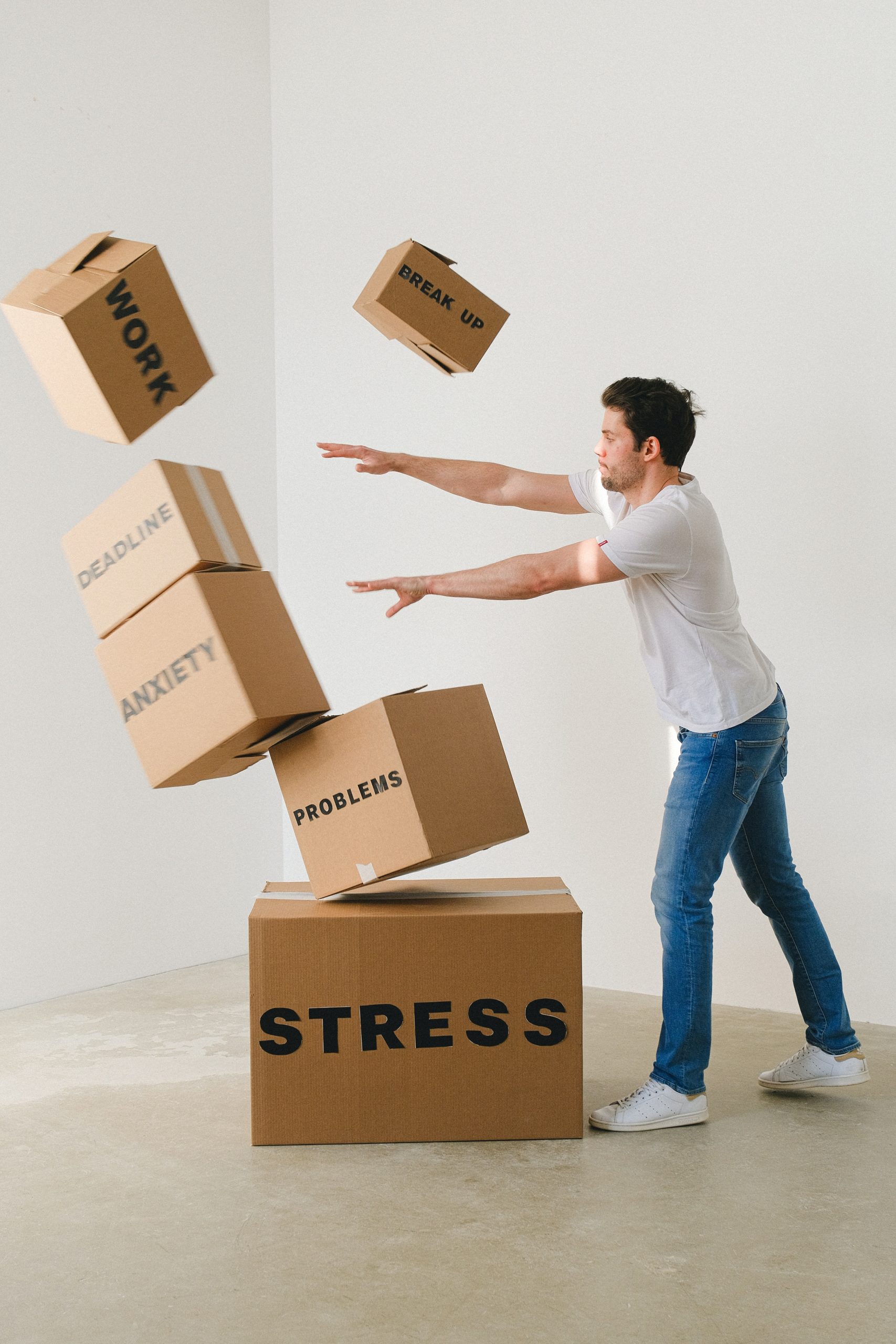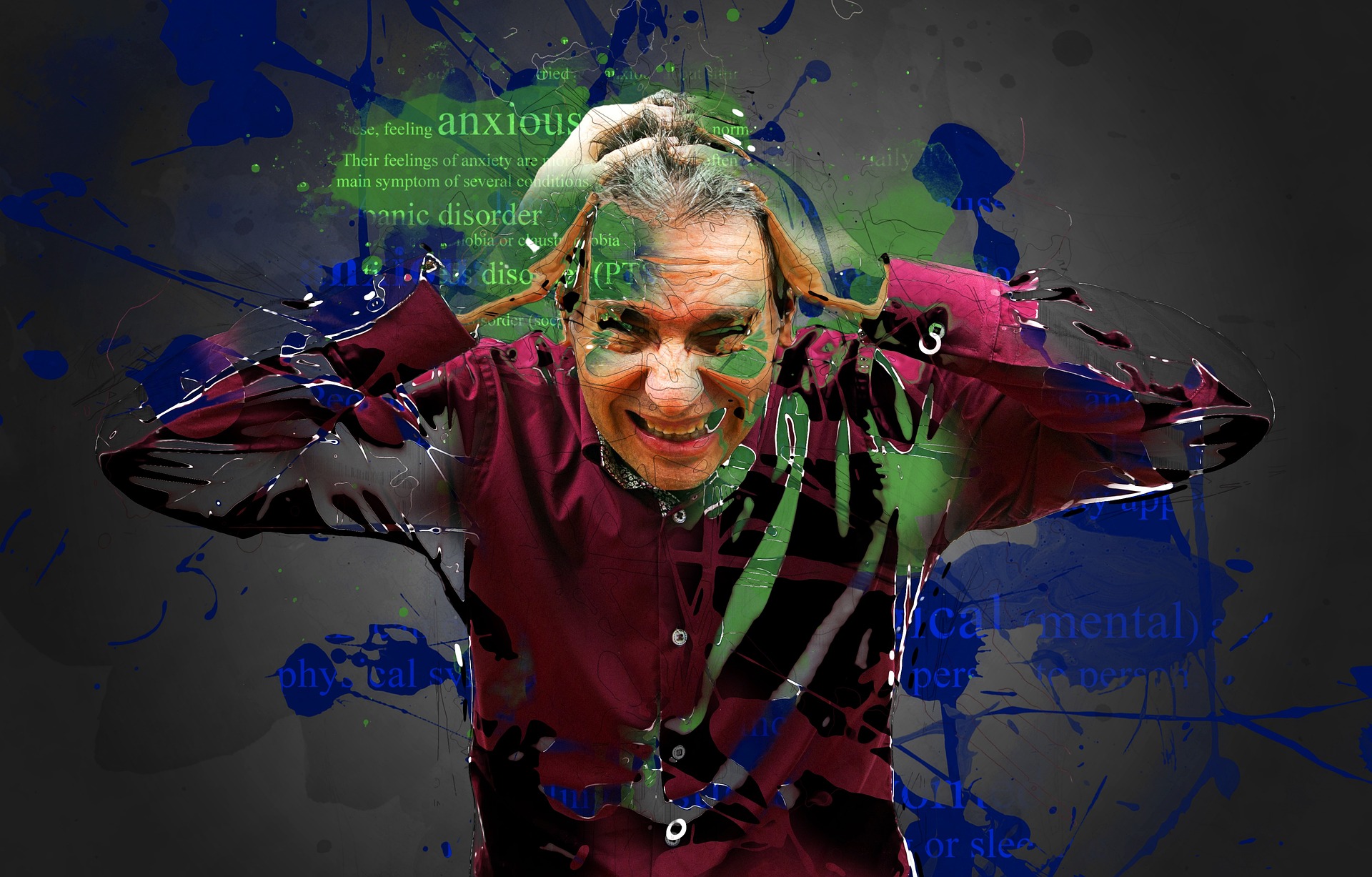 In a survey released by the World Health Organization (WHO), 301 million individuals, including 58 million children and adolescents, reported having to manage anxiety illness as of 2019. As of March 2022, globally there was a 25% increase in anxiety and depression cases owing to the Covid-19 pandemic.
In a survey released by the World Health Organization (WHO), 301 million individuals, including 58 million children and adolescents, reported having to manage anxiety illness as of 2019. As of March 2022, globally there was a 25% increase in anxiety and depression cases owing to the Covid-19 pandemic.
What is anxiety?
Dr. Kriti Anand, Consultant Psychiatrist at Paras Hospital, Haryana, and a mental wellness expert at Manokriti Clinic, describes anxiety as “a normal response to stress.”
While explaining the concept of anxiety she added that anxiety becomes problematic when “it gets overwhelming and transforms into disorders such as social anxiety disorder, separation anxiety disorder, panic anxiety disorder, generalised anxiety disorder, and so on.”
Manage anxiety in the following ways:
- Proper diet: Having a proper healthy diet is a must. Seasonal fruits and vegetables are a must when it comes to having a wholesome meal. Having freshly cooked nutritious food is a must for mental health for gut health plays a crucial role in maintaining mental health.
Patients who have anxiety issues, says Dr. Anand, “must avoid smoking, drinking, and avoiding intake of caffeine in any form.”
Omega 3 fatty acids are highly recommended for women to manage anxiety along with ashwagandha and green tea.
- Active lifestyle: Dr. Kriti Anand always suggests “any kind of a workout for 40-50 minutes at least 4 days a week to maintain required health standards.” According to Dr. Amitinder Singh Dhaliwal, “With proper exercising endorphins in the body get a boost which helps in stress reduction. Strolling aimlessly also allows a person’s attention to gets diverted and release stress.
- Maintain work-life balance: “Work must never over-shadow your free time. Not letting your career define your personality is a must, so taking time off for a vacation is a must.”, said Dr. Anand. A stressful job or a strenuous working environment can be a major trigger to manage anxiety.
- Yoga and Meditation: Numerous medical professionals and yoga practitioners advise doing yoga poses that enable deep breathing. Longer periods of relaxation and calmness are possible with deep breathing. Deep breathing boosts the amount of oxygen reaching the brain, which further activates the parasympathetic nervous system, according to the American Institute of Stress.
- Professional Consultation at the right time: The worst thing is to ignore symptoms. A patient with a mental illness who wishes to remain anonymous said, “It is essential to contact a specialist at the proper time to get treated. Delaying the appointment unduly makes the symptoms worse, and there is no going back from this point.
- Massage: Massage is a method used in naturopathy to calm the body. It slows the heart rate, promotes relaxation, and makes sure that endorphins are released.
The blood circulation to the head and neck is improved, blood pressure is lowered, and hair growth is aided by massaging the temples.
- Proper sleep: Having inadequate sleep can trigger an anxiety attack because the mind and brain haven’t rested well enough. It adds to the pressure, thus, worsening the symptoms.

Symptoms of anxiety:
- Physical symptoms: “The most frequent one”, according to Dr. Anand, is “experiencing heart palpitations, shortness of breath, chest pain or in some cases a feeling of tightness. Other symptoms could include a feeling of choking, stomach butterflies, and symptoms of irritable bowel syndrome (IBS).”
- Psychological symptoms: For Dr. Anand, “feeling fatigued would be the most common symptom of having an anxiety disorder. Performing work routinely gets difficult for patients as they are not able to concentrate and would continue feeling anxious about minor details of life.”
Dr. Anand also mentions that “feeling anxious for some amount normal. It is also associated with betterment in performance. However, the problem arises when the same feeling prolongs for a longer period of time.”
Image by Pete Linforth from Pixabay
Read More: https://asianatimes.com/diabetes-its-invisible-effects-on-the-kidneys-and-brain/




